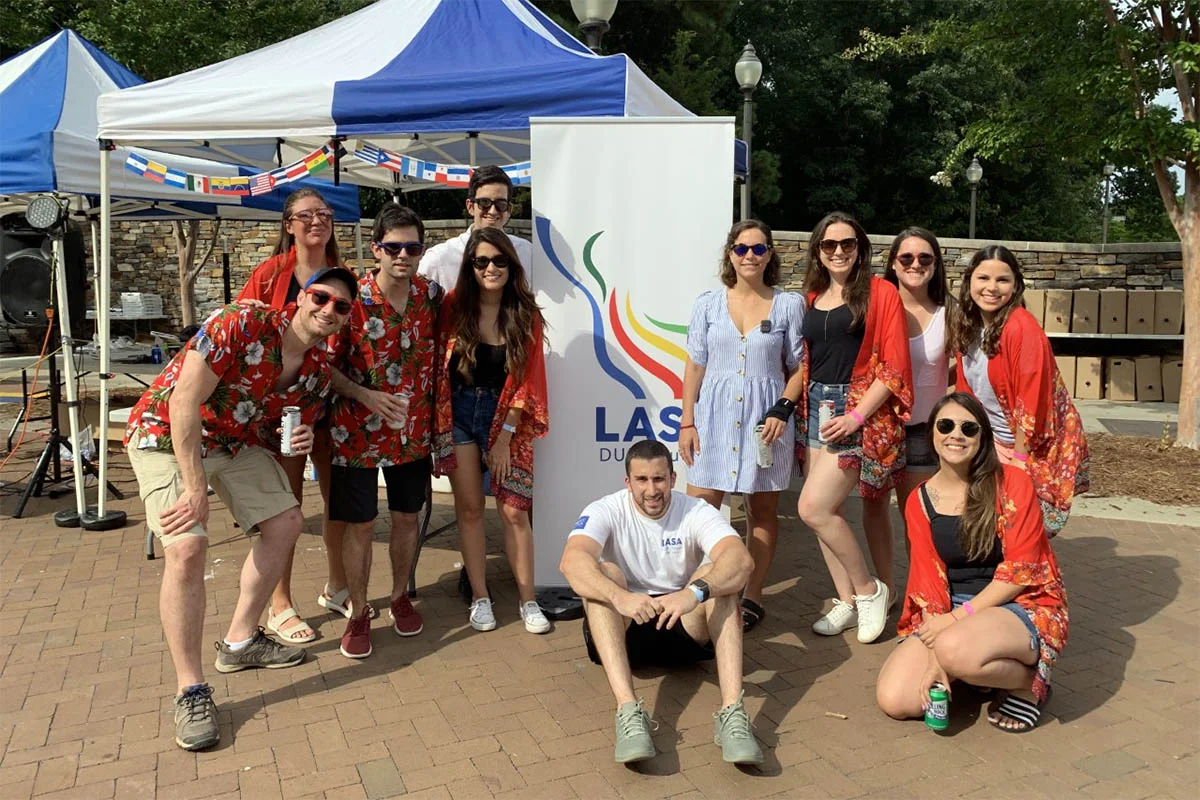I very much enjoyed Eliot’s last blog entry on news sources and how they’re suffering from, or at least needing to adapt to, the massive flow of news and analysis that now occurs online. As I read it I could not help but think of the role that blogs like this one and others are having on how we learn about and understand world events, where we go to when we search for news and analysis, and what this means for traditional news sources that up to now dominated this type of exchanges, and for our knowledge of world events in general.
At LASA last week I attended a panel on blogging on Latin America organized by Gregory Weeks from University of North Carolina, who blogs at Two Weeks Notice. Discussants included Patricio Navia from the Universidad Diego Portales, who blogs at Referente and Maxwell Cameron from the University of British Columbia, who blogged at Peru Election 2006. Having these three bloggers in the same room made me realize how divergent our conceptions of blogging can be. It reminded me that a blog (unlike a newspaper or journal) is just an open space that offers little guidance. Therefore, a discussion among bloggers is very different than a discussion among journalists, as they may all see themselves as having little in common. I had read all the blogs mentioned above before, but I had never stopped to think about their differences. In Two Weeks Notice, Gregory Weeks writes in an informal tone about Latin American issues in general using small entries that usually are inspired from a recent linked news story. At the panel I knew Weeks had had a Brahma beer the night before, as he had written about the Brazilian beer industry inspired by a beer he drank in Rio. Patricio Navia, on the other hand, focuses almost solely on Chile, writes longer and more formal op-ed style pieces, and includes few links. Maxwell Cameron presents a different approach, as he blogged on the ground from Peru during the 2006 elections providing analysis but also news coverage that was steps ahead of the traditional press. His blog was in Spanish and English and had a significant following in Peru and abroad. What all three blogs have in common is that they all compete with, or compliment, traditional news and analysis sources.
The bloggers disagreed on the benefits they derive from their blogging efforts, with Weeks believing that the benefit is mostly personal as blogging helps him stay up-to-date with the region, but is not necessarily an activity that is praised in academia or that has benefited him much professionally. He mentioned that some in academia may even look down on blogging as would-be-journalism. Patricio Navia had a different perspective, believing that blogging has professional value in that it challenges him to write in a way that is readable by a wider population than academia, and also makes his analysis more influential. His blog also allows Latin Americans to read his analysis–many of whom do not have access to the journals in which Latin Americanists write. He mentioned that even universities in the region often lack this access, and that therefore blogging is also an important effort in reducing information inequality. Navia mentioned that he has been invited to talks and has been given access to certain officials thanks to the popularity of his blog. Weeks also mentioned that he is often sent books because he reviews books in his blog and recently blogged that he is re-thinking the benefits derived from blogging thanks to Navia’s strong arguments presented at this session.
The bloggers expressed some concern about the permanence and easy accessibility of anything written on the web. Cameron mentioned that he has received e-mails from people asking him to delete comments they have made on his blog, something he feels ambivalent about. Gregory Weeks added that this should be a concern for bloggers in general and suggested that for those in academia it may make sense not to blog until they have achieved tenure lest they write something they later regret. If you someday may want to be nominated to public office, he quipped, you shouldn’t blog. Patricio Navia replied, though, that if you’d like to influence who does get nominated for office, you should blog.
Cameron mentioned that blogs may be changing the way the media functions, but suggested that the consequences of blogging may go much further. As blogs break up monopolies of power in terms of communication, they de-centralize and disrupt the way we receive and interpret knowledge. Could blogging change the way we think?
I agree with Cameron that the effect blogging is having on the media may only be a small facet of a greater impact. Latamthought.org is an interesting example of that. The authors here are all in their mid-20s. We are young professionals or students living in the Americas who would rarely be granted space on an op-ed page, and yet our analysis has been cited throughout the web and our readership continues to grow. Unexpectedly, blogging here not only challenges media’s monopoly on analysis; it also challenges the standards we use (such as educational achievements or trusted names) to discriminate between reliable and unreliable sources of analysis. While our goal may be simply to analyze and comment on what we see taking place in Latin America, our actions are part of a greater movement that is changing the way we see the world.

Reply